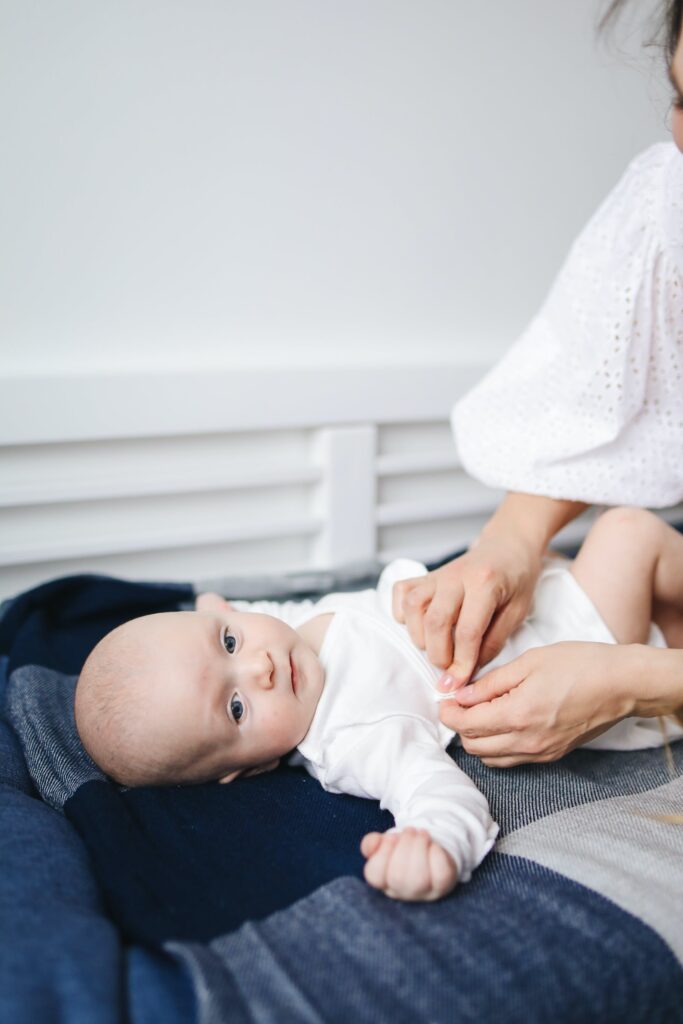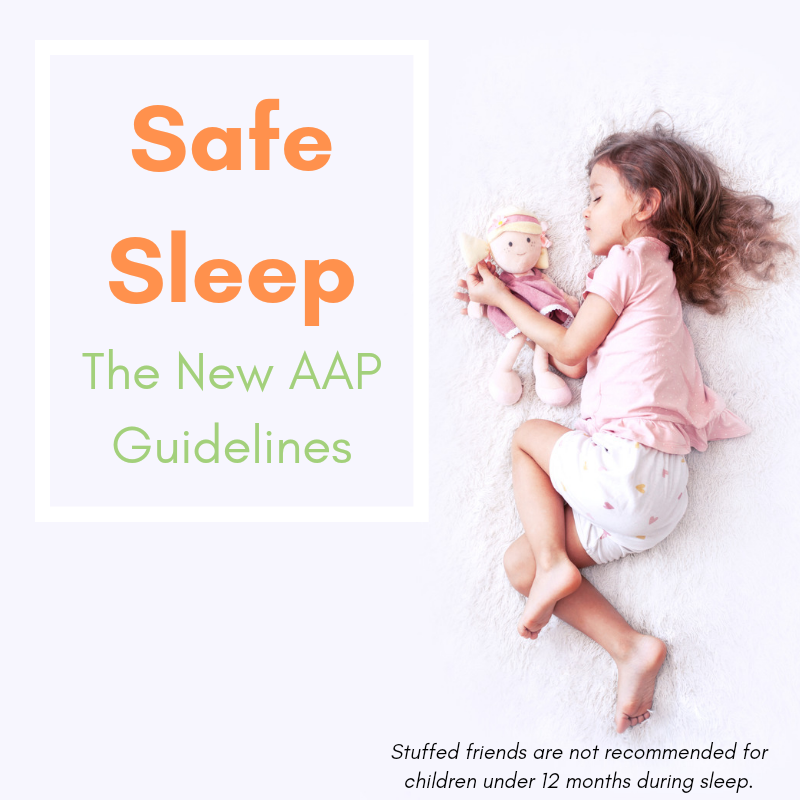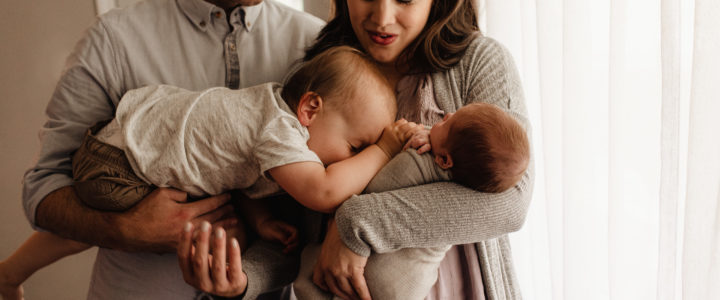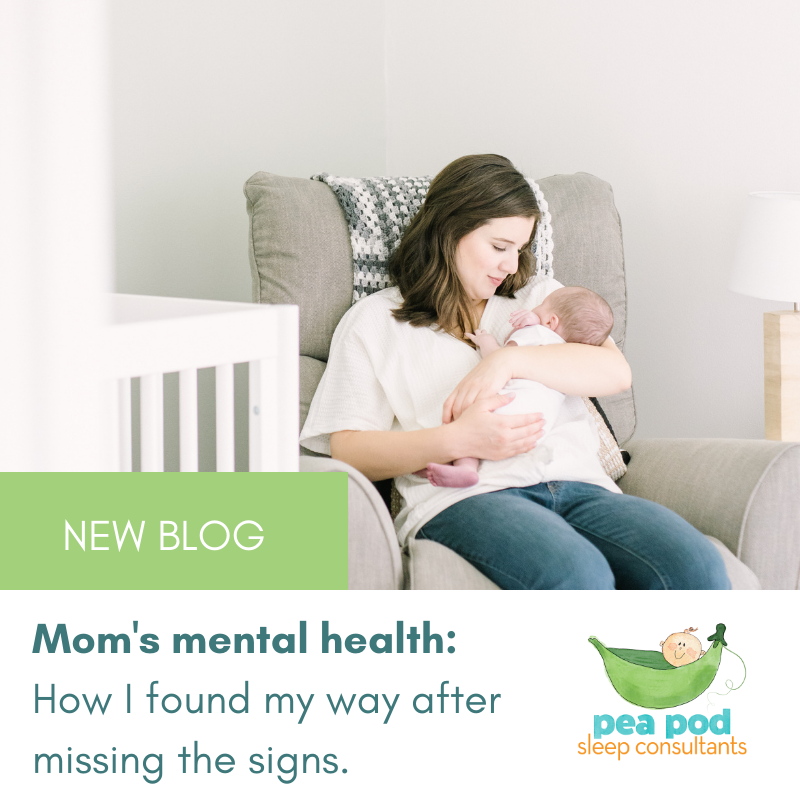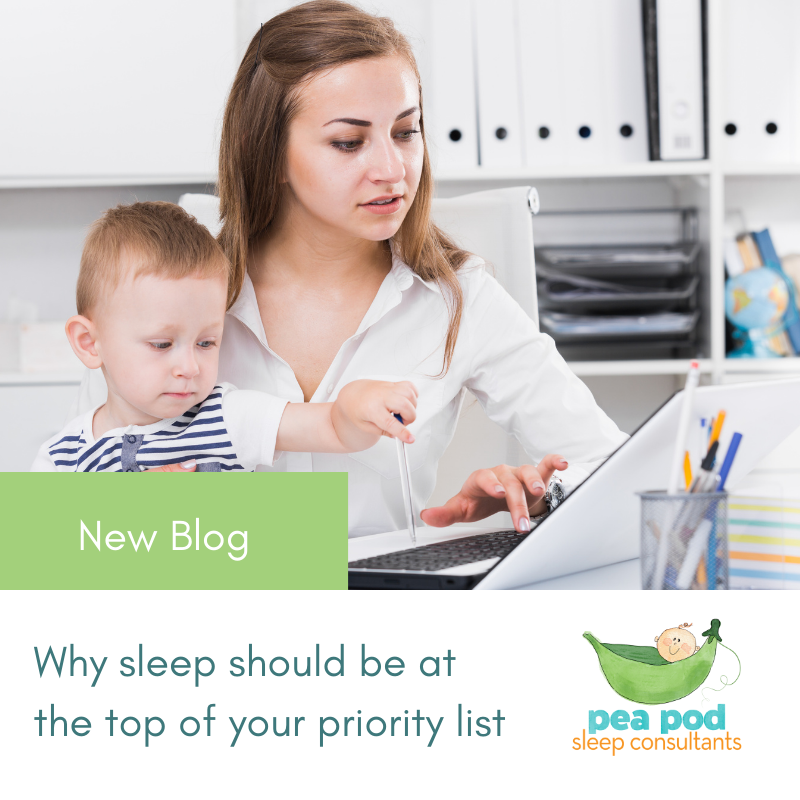Postpartum care providers offer extremely hands on support for families in the fourth trimester. During those days and nights when you’re figuring out how to parent and trying to sleep, these infant care professionals are there for whatever baby-related needs you. Joan can help you navigate sleep once your babe is 16 weeks or older, but if you want more help in the early days, postpartum care providers are one of our favorite resources! We chatted with Karin Jones, owner of Loving Hands, LLC., about her work and how her team supports parents.
Why might a parent seek out a postpartum care provider for nights?
Parents seek overnight care for various reasons. They may be first time parents looking for encouragement and teaching. Some of the difficulties of newborn life include getting on a schedule, breastfeeding support, and that first bath.
Some families are having twins and have other young children as well, and just want a few nights each week to get some good sleep.
The family may have no immediate family in the area and want that kind of support in the first few months to get off to a good start.
When it’s time to go back to work, some parents want hands on help sleep training so babe is sleeping better before they return to work. Or, just need some nights of solid sleep as they’re transitioning back to work.
Sometimes families want overnight help when one parent is traveling for work. And, some use our team when both parents go out of town.
What support options do families have working with you and your team?
We offer teaching of newborn care, encouragement, breastfeeding support. We will bring baby to mom to nurse at night or will bottle-feed. Some families choose to do a combo of nursing and bottle-feeding. If mom pumps during the night, we will grab the milk from outside her door and either use the freshly expressed milk for the next feeding or put in the fridge for her. Then, we will wash the pump parts and put them back outside her door.
We also help with baby laundry, washing and sterilizing bottles, restocking diapers and supplies, emptying diaper pail as necessary. We will give the baby a bath if needed. Anything to do with baby!
How do you and the families determine if your services are a good fit?
I typically meet with the families a few months before delivery. Many of our families find us by word of mouth through their friends or other connections. So, they’re typically similar in personality as their friends we’ve worked with, and just so delightful and kind!
Depending on where they live, their specific needs, how many nights they need per week, will determine which of our team members and how many they’ll meet and then I’ll create their team that will stay with them the duration of their needs.
How do you help parents transition from having your team at night to being on their own?
I tell our families that we tend to “work ourselves out of a job”-that we stay until babies are consistently sleeping through the night, or pretty close to it.
We tell them that they can always call us back for short term help, if needed. If parents get sick and need extra rest, if they’re traveling, if baby has had some hiccups along the way and needs help getting back on track, we’re happy to step in.
Tell us about your work as a postpartum care provider.
Loving Hands has been in business for 22 years and has cared for over 200 families in the Milwaukee area, from first time parents, multiples, preemies, and babies with special needs.
We help families who need anywhere from 1 to 7 nights a week and care for them from as little as a couple weeks to 4-6 months. Every family’s needs are different and we work individually with each family to provide the best care to assist them through these first few weeks and months of their little one’s life.
We have an amazing team of infant care specialists who are all infant/child CPR certified, compassionate and love helping and encouraging new parents.

